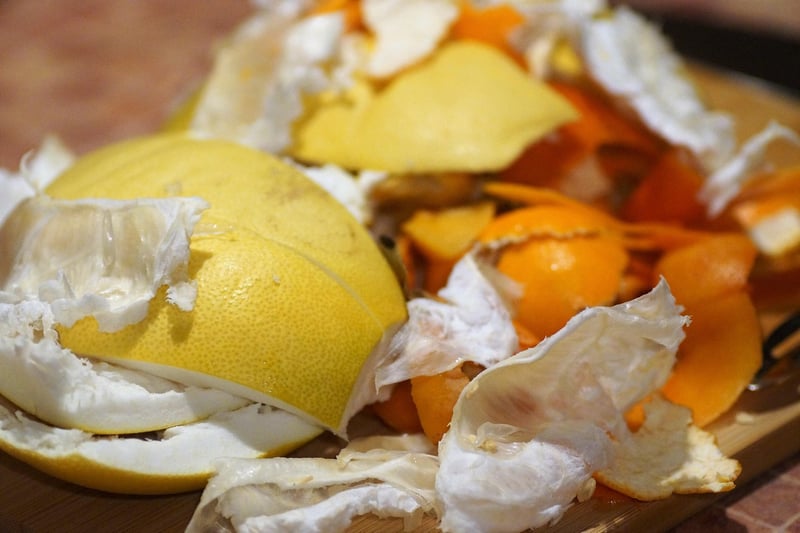Composting Guide
The Ultimate Guide to Waste Management and Composting
Introduction
Welcome to the ultimate guide to waste management and composting! In this comprehensive guide, we will explore practical tips and techniques to help you manage waste effectively and create nutrient-rich compost for your garden. Let's dive in!
Waste Management
Proper waste management is crucial for the environment and our well-being. Here are some practical tips to help you manage waste efficiently:
1. Reduce, Reuse, Recycle
Reduce waste by avoiding single-use items, reuse containers and bags, and recycle materials whenever possible. This simple mantra can significantly reduce the amount of waste we generate.
2. Separate Waste Categories
Segregate waste into categories like organic, recyclable, and hazardous to make disposal and recycling easier. Use separate bins for different types of waste to facilitate the recycling process.
3. Composting
Composting is a great way to manage organic waste and create nutrient-rich soil for your plants. Let's explore the art of composting in the next section.
Composting
Composting is the process of decomposing organic material into nutrient-rich soil conditioner. Here's how you can start composting at home:
1. Choose a Compost Bin
Select a compost bin or build a compost pile in your backyard. Make sure it is well-ventilated and has a good mix of green (nitrogen-rich) and brown (carbon-rich) materials.
2. Add Organic Waste
Start by adding kitchen scraps like fruit and vegetable peels, coffee grounds, and eggshells to your compost bin. Avoid adding meat, dairy, and oily foods as they can attract pests.
3. Maintain the Compost
Turn the compost pile regularly to aerate it and speed up the decomposition process. Keep the compost moist but not waterlogged, and add a balance of green and brown materials to maintain a healthy compost pile.
4. Harvest the Compost
After a few months, your compost will be ready to use in your garden. It should have a dark, crumbly texture and a earthy smell. Spread it around your plants to nourish the soil and promote healthy growth.
Conclusion
By following the tips outlined in this guide, you can effectively manage waste and create nutrient-rich compost for your garden. Remember, small actions like reducing waste, recycling, and composting can make a big difference in preserving the environment. Start implementing these practices today and be a part of the sustainable living movement!

For more information on waste management and composting, check out EPA's Composting at Home Guide.
